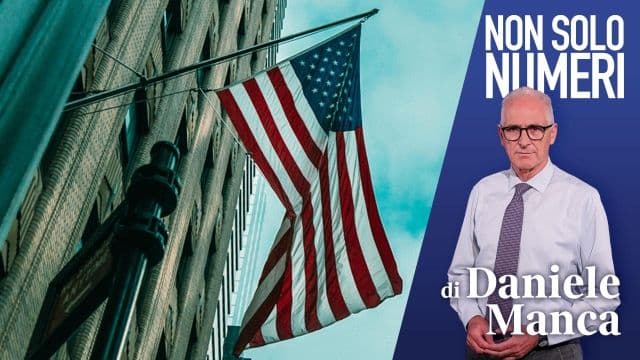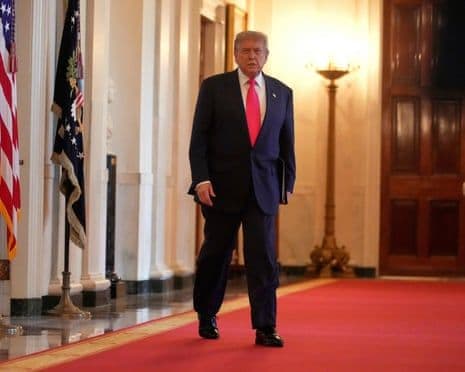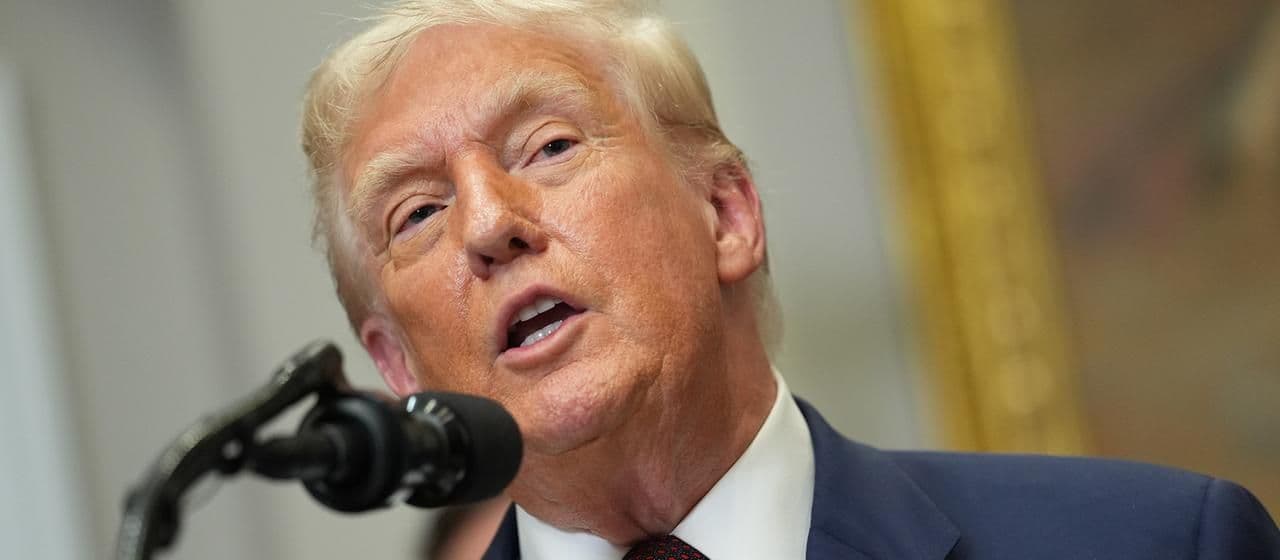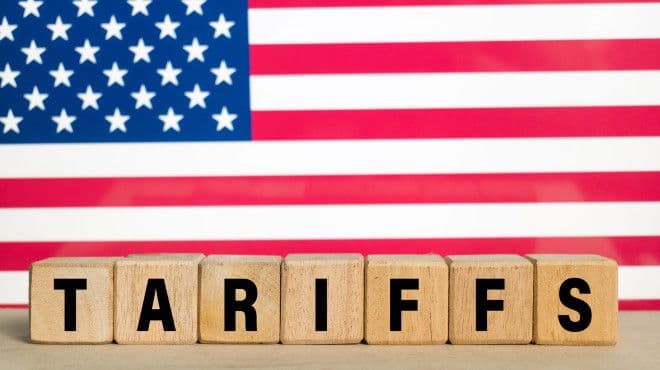The Unpredictable Toll: Unpacking Trump's Differentiated Tariffs on Global Partners
Explore Trump's surprising tariff strategy, revealing how disparate rates on allies like Switzerland, Canada, and the EU exposed deeper geopolitical fissures and reshaped global trade dynamics.
The New Tariff Landscape: A Disparate Impact on Traditional Allies
Donald Trump's executive order on new import tariffs, effective August 7th, didn't just rattle the global economic order; it shook the foundations of long-standing alliances, creating a starkly uneven playing field. While the White House framed these measures as a means to "restructure global trade to benefit American workers," the immediate fallout was a series of disproportionately harsh impositions on close partners. , for instance, found itself facing an astonishing 39% tariff, a significant jump from the 31% previously hinted at, placing it among nations like Syria and Myanmar in terms of punitive trade measures. , too, saw its tariffs surge from 25% to 35%, a substantial increase unless specific products fell under existing free trade agreements. This aggressive stance, as experts like of the noted, fundamentally challenged the post-World War II international trade rules, leaving many wondering about the strategic logic behind such disparate treatment among allies.
Switzerland's Shock and Canada's Call: Navigating Unprecedented Pressure
For nations like , the news of the heightened tariffs landed like a "cold shower," as one source described it. The Swiss federal government expressed "great regret," finding the 39% rate "significantly different" from ongoing negotiations. A Swiss parliamentarian, speaking to the , openly admitted to a "state of shock," highlighting the confusion over Washington's demands. The Swiss watch industry, a cornerstone of the nation's economy, immediately denounced the 39% duty as "neither comprehensible nor justified," warning it would gravely "jeopardize the competitiveness of Swiss companies and products" in a vital market. They pointed to Switzerland's own abolition of industrial import barriers, arguing that claims of a lack of reciprocity were baseless, especially when considering the balanced trade in services. Meanwhile, Prime Minister responded to the 35% tariff hike by urging citizens to "Buy Made in Canada," a clear sign of the domestic pressure and a call for economic resilience in the face of the unprecedented trade friction.
The EU's Uneasy Truce: A 15% Accord Amidst Internal Dissent
In contrast to the severe levies on and , the navigated a somewhat less turbulent path, securing a 15% tariff accord on most imports. Yet, this "truce" was far from a complete resolution, leaving significant points of contention unresolved. Crucially, the sensitive automotive sector and its components, currently subject to a 27.5% tariff, remained outside the scope of this 15% agreement, despite earlier political understandings. European Trade Commissioner cautiously termed the US executive order a "first step," signaling ongoing efforts to finalize a comprehensive joint declaration. The implementation of the 15% rate was also delayed until August 8th, with a grace period for goods already in transit, offering a brief reprieve. However, the fact that the order didn't fully enact commitments like reducing Section 232 tariffs on cars or addressing strategic products such as aircraft, underscored the fragility of the agreement and the simmering dissent within the EU, with French exporters, for example, voicing fears over job losses in the wine and spirits sector.
Beyond Economics: Deconstructing Trump's Calculated Tariff Rationale
Peeling back the layers of tariff policy reveals a rationale extending far beyond simple economic leverage. While the stated aim was to "restructure global trade to benefit American workers," the highly differentiated application of tariffs suggests a more complex, perhaps even punitive, strategic calculus. The stark contrast between the negotiated (though incomplete) 15% deal and the severe 35-39% rates imposed on and , two traditionally strong allies, raises questions about the 'special relationship' fallacy. Was it a deliberate attempt to exert maximum pressure on smaller, yet prosperous, economies? Or perhaps a reward for countries perceived as aligning more readily with American demands? The case of , hit with a 50% tariff in apparent retaliation for legal actions against its former president, , vividly illustrates how non-economic factors, including political grievances, could influence trade decisions. This approach, widely criticized for violating post-WWII international trade norms, also faced domestic legal challenges, with a federal appeals court examining whether overstepped his constitutional authority by imposing these tariffs without Congressional approval.
Rebuilding Bridges or Widening Cracks? The Future of Global Trade Bonds
The reverberations of differentiated tariffs continue to shape the global trade landscape, leaving a critical question hanging in the air: will these policies lead to a fundamental realignment of alliances or merely deepen the cracks in the existing international order? The immediate responses from affected nations, from "deep regret" and pursuit of a "negotiated solution" to call for domestic buying, indicate a strong desire to mitigate the damage. Even , amidst its own trade truce negotiations with the US, denounced the protectionism as harmful to "all parties," highlighting the collective anxiety. While secured a temporary 90-day reprieve, demonstrating a willingness for selective negotiation, the overall impression is one of unpredictability and instability. The challenge to the very rules that have governed international commerce since World War II suggests that the path forward will require significant diplomatic effort to either rebuild trust and consensus or accept a more fragmented and transactional global trade environment.
Related Articles

Beyond the Numbers: Unraveling the True Impact of Trump's Global Tariff Gambit

Beyond the Numbers: Unraveling the True Impact of Trump's Global Tariff Gambit

The Reciprocal Ripple: Unraveling Trump's Trade Gambit on the Global Stage

The Reciprocal Ripple: Unraveling Trump's Trade Gambit on the Global Stage

The Unfolding Trade Chessboard: Trump's Tariffs and the Global Response

The Unfolding Trade Chessboard: Trump's Tariffs and the Global Response

The Unraveling of Alpine Diplomacy: When Special Status Met 'America First'
